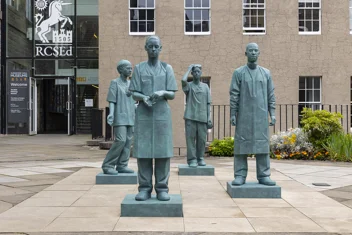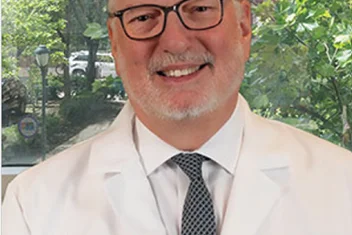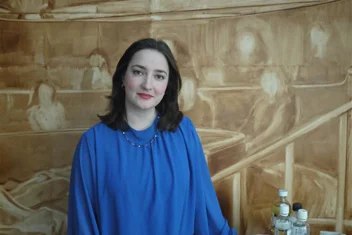Featured RCSEd News
News Library
Remembering COVID: Your Next Breath Film Release
The short documentary Your Next Breath was made over the course of two years following the Covid-19 pandemic. After a year on the festival circuit, the multi-nominated film, which has screened at BAFTA and BIFA-qualifying festivals, is being released today, marking the five year anniversary of the Covid-19 pandemic.

Launch of Joseph E Bavaria - RCSEd Aortic Travelling Fellowship
The Royal College of Surgeons of Edinburgh, is delighted to welcome applications for the new Joseph E Bavaria - RCSEd Aortic Travelling Fellowship. The Fellowship intends to support those undertaking a traveling fellowship in Aortic Surgery, as part of their specialist training and professional development.

Elizabeth Anita Mathew Thalanany ENT Travelling Fellowship - Applications Now Open
The Royal College of Surgeons of Edinburgh are delighted to announce that applications are now open for the new Elizabeth Anita Mathew Thalanany ENT Travelling Fellowship. The Fellowship intends to support UK and International members who wish to attend a course or an observership at a center of excellence, as part of their specialist training and professional development.

Dental Specialty Fellowship Examinations
The Royal College of Surgeons of Edinburgh, the Royal College of Physicians and Surgeons of Glasgow, the Royal College of Surgeons of England and the Royal College of Surgeons in Ireland are now working together to introduce an Intercollegiate approach to assessment.
Dental












